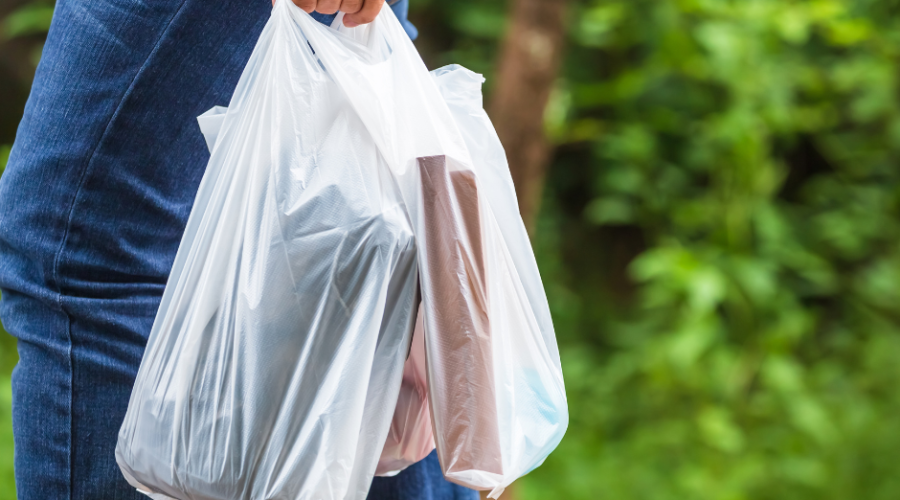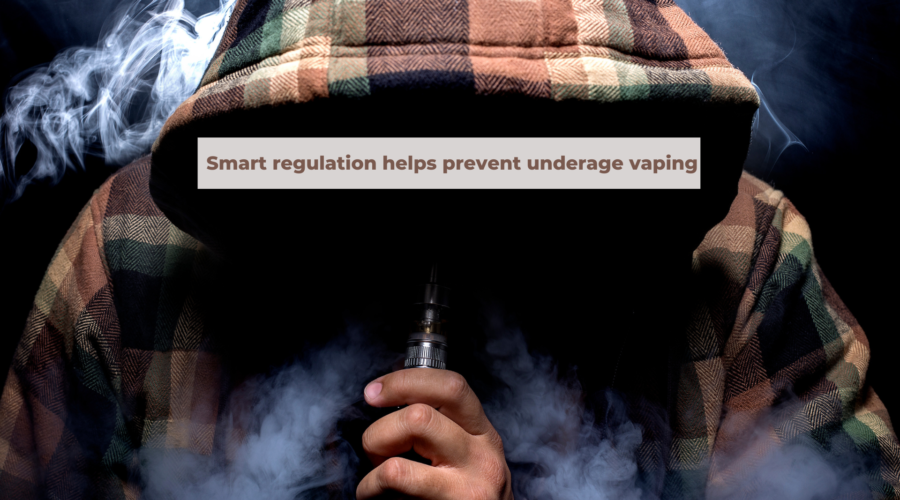Ottawa’s Concerning Escalation Against Big Tech Threatens Citizen Engagement
Ottawa, ON – This week Canada’s Heritage Committee moved forward a Liberal motion that will require tech companies like Alphabet (Google) and Meta (Facebook) to hand over their internal and external correspondence in regards to Ottawa’s Bill C-18, which would require these companies for pay publishers when news links are posted on their platform.
In response, the Consumer Choice Center’s Toronto based North American Affairs Manager David Clement stated: “C-18 is a big mistake on the part of Ottawa. Not only does the bill have the relationship between tech platforms and publishers backwards, sharing links on social media generates free ad revenue for publishers through page visits, the Bill now threatens Canadian’s access to news. To make matters worse, Ottawa’s demands for all internal and external correspondence sets a chilling precedent for any NGO, union, trade association or charity that opposes a piece of legislation.
“If Ottawa proceeds in demanding internal and external email correspondence from these companies, it would be a significant step backwards for citizen engagement, which is a key part of Canadian democracy. If this precedent is set, a future government could simply deem any non-governmental opposition to a bill as “subversive” and require the disclosure of private emails. If a major trade union opposed a piece of labour reform, a future government could shake the union down by forcing the union to hand over their internal emails with members, their external emails with legal counsel, their emails with members of the public, and even their correspondence with journalists,” states Clement.
“It would appear as though the Liberal party is failing to anticipate the precedents they are setting today can and will be used by their political opponents tomorrow. A future Conservative government could in theory use this precedent to squash opposition from patient advocacy groups, environmental NGOs, or labour unions. A future NDP government could use this precedent to stifle dissent from business associations, taxpayer advocacy groups, and those who represent the voices of small businesses. This is a clear case of incredible government overreach, one that could fundamentally shift the nature of political engagement in Canada for the worse,” concluded Clement.
***CCC North American Affairs Manager David Clement is available to speak with accredited media on consumer regulations and consumer choice issues. Please send media inquiries to david@consumerchoicecenter.org.***









